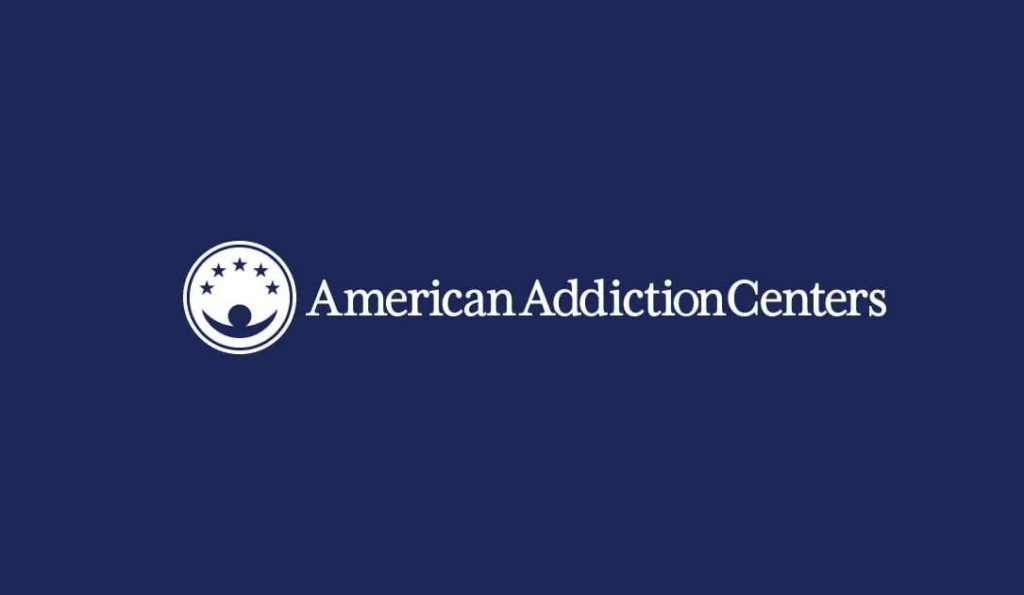In a concerning development, American Addiction Centers (AAC) has come under legal scrutiny following a significant data breach. This breach, which exposed sensitive patient information, has led to a class action lawsuit, highlighting the critical importance of robust cybersecurity measures in the healthcare sector. Here’s an in-depth look at the lawsuit, the implications for affected individuals, and what steps you can take if impacted.
Understanding the American Addiction Centers Data Breach
The data breach at AAC reportedly occurred in early 2023 and affected over 400,000 individuals. According to legal filings, the breach compromised protected health information (PHI), including:
- Names
- Contact information
- Social Security numbers
- Medical records and treatment details
The breach reportedly originated from unauthorized access to AAC’s systems, exploiting vulnerabilities in their cybersecurity infrastructure. Experts believe that the attackers may have used advanced techniques to bypass existing safeguards, exposing systemic flaws in the organization’s data protection protocols. Additionally, the breach went undetected for several weeks, further exacerbating the potential harm.
The exposed data places affected individuals at heightened risk of identity theft, fraud, and other malicious activities. AAC has faced criticism for allegedly failing to implement adequate cybersecurity measures to safeguard patient information and for delays in notifying affected individuals.

The Lawsuit Against American Addiction Centers
The class action lawsuit alleges that AAC violated federal and state data protection laws by:
- Failing to prevent unauthorized access to sensitive patient data.
- Delaying notification to affected individuals, which may have exacerbated potential harm.
Plaintiffs in the lawsuit argue that AAC’s failure to meet industry-standard cybersecurity practices directly contributed to the breach. The lawsuit seeks to hold AAC accountable for damages incurred by victims, including:
- Out-of-pocket expenses related to identity theft prevention and mitigation.
- Emotional distress caused by the breach.
- Long-term impacts on credit and financial stability due to compromised personal data.
The legal proceedings aim to secure compensation for affected individuals and push for stronger data protection measures within AAC and similar organizations.
Who Is Eligible for the AAC Data Breach Lawsuit?
If you received a notification from AAC about the data breach, you may be eligible to join the class action lawsuit. Eligibility typically includes:
- Receiving confirmation from AAC that your information was part of the breach.
- Experiencing financial or emotional harm as a result of the breach.
It is advisable to consult with legal counsel or the claims administrator to confirm your eligibility and understand your rights. Victims are encouraged to gather documentation, such as the notification letter from AAC, evidence of fraudulent activity, and any expenses incurred due to the breach.

Steps to Take If You Were Affected
If you suspect that your data was compromised in the AAC breach, consider taking the following steps:
- Monitor Your Credit: Regularly check your credit reports for unauthorized activity. Consider enrolling in credit monitoring services.
- Place Fraud Alerts or Credit Freezes: Notify credit bureaus to flag your accounts, making it harder for identity thieves to open new accounts in your name.
- Review Bank and Medical Statements: Look for suspicious charges or discrepancies in your financial and medical records.
- File a Claim: Join the class action lawsuit to seek compensation for any damages you’ve incurred.
- Stay Informed: Keep track of updates related to the lawsuit and settlement process by visiting the official settlement website or contacting the claims administrator.
What This Means for Healthcare Organizations
The AAC data breach underscores the urgent need for healthcare organizations to prioritize cybersecurity. Key measures include:
- Implementing advanced encryption and data protection protocols.
- Conducting regular security audits to identify vulnerabilities.
- Providing comprehensive training for staff on data protection best practices.
- Establishing incident response plans to mitigate damage from potential breaches.
Organizations must also comply with federal regulations, such as the Health Insurance Portability and Accountability Act (HIPAA), to avoid legal and financial repercussions. This case serves as a stark reminder of the consequences of neglecting data security.
Conclusion
The American Addiction Centers data breach highlights the critical need for stringent cybersecurity measures in the healthcare industry. For affected individuals, joining the class action lawsuit provides an opportunity to seek justice and compensation. Don’t wait—take action today to protect your rights and personal information.
For more details and to file a claim, visit the official settlement website or subscribe to Usesparrow for more updates!


